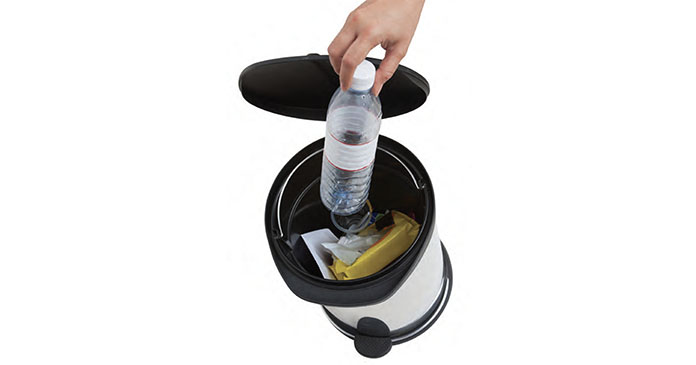A new Harris Poll has found that participation in a wide range of environmentally-friendly activities had declined by a small but significant percentage in 2010 versus 2009.
The poll found that 39 percent of Americans purchased locally-grown produce in 2009, but that number fell to 33 percent in 2010. Participation in similar activities—making an effort to use less water, purchasing organic products and composting organic waste—likewise fell two to three percentage points over the preceding year.
While it’s easy to point to the struggling economy as the culprit for this reduced commitment to environmentalism (organic and locally-grown products tend to be more expensive, after all), it doesn’t fully explain the across-the-board decline in “green” activities. Take cars, for instance: While automakers at the North American International Auto Show in Detroit have gone out of their way to emphasize the fuel efficiency of their new offerings, the data suggests that saving gas just isn’t a priority anymore. In 2010, only 8 percent of Americans purchased hybrid or fuel-efficient vehicles, compared to 13 percent in 2009.
Indeed, it would appear that Americans don’t care as much about the environment as they did only a year ago. Just 36 percent of surveyed adults said they cared about the planet they leave behind for future generations, down from 43 percent the year before.
Still, there is one hope for the planet: the LGBT community. Survey respondents who identified as LGBT expressed far more interest in environmental causes than the rest of the country, with 55 percent saying they cared “a great deal” about the environment, versus just 33 percent of heterosexual adults. It should be noted, also, that the percentage of LGBT adults describing themselves as “environmentally-conscious” increased markedly from 38 percent to 47 percent over the course of a single year.
Why LGBT adults are becoming more concerned about the environment as the rest of the country goes in the opposite direction is anyone’s guess, but since it’s safe to say that sustainable practices are good for the environment and the economy, it’s good that at least one group of Americans is taking the issue seriously.
Author: Matt Brownell, mainstreet














